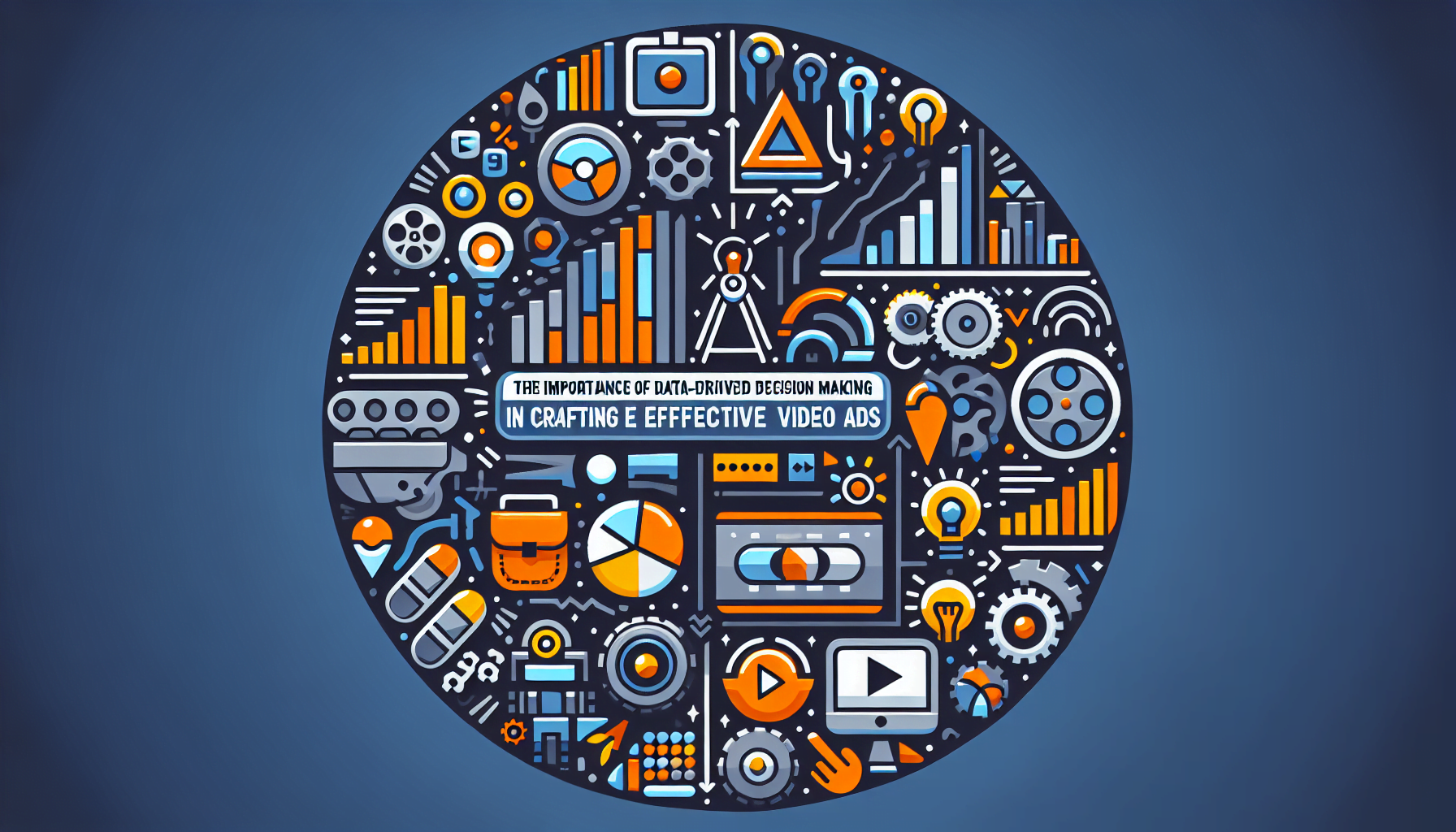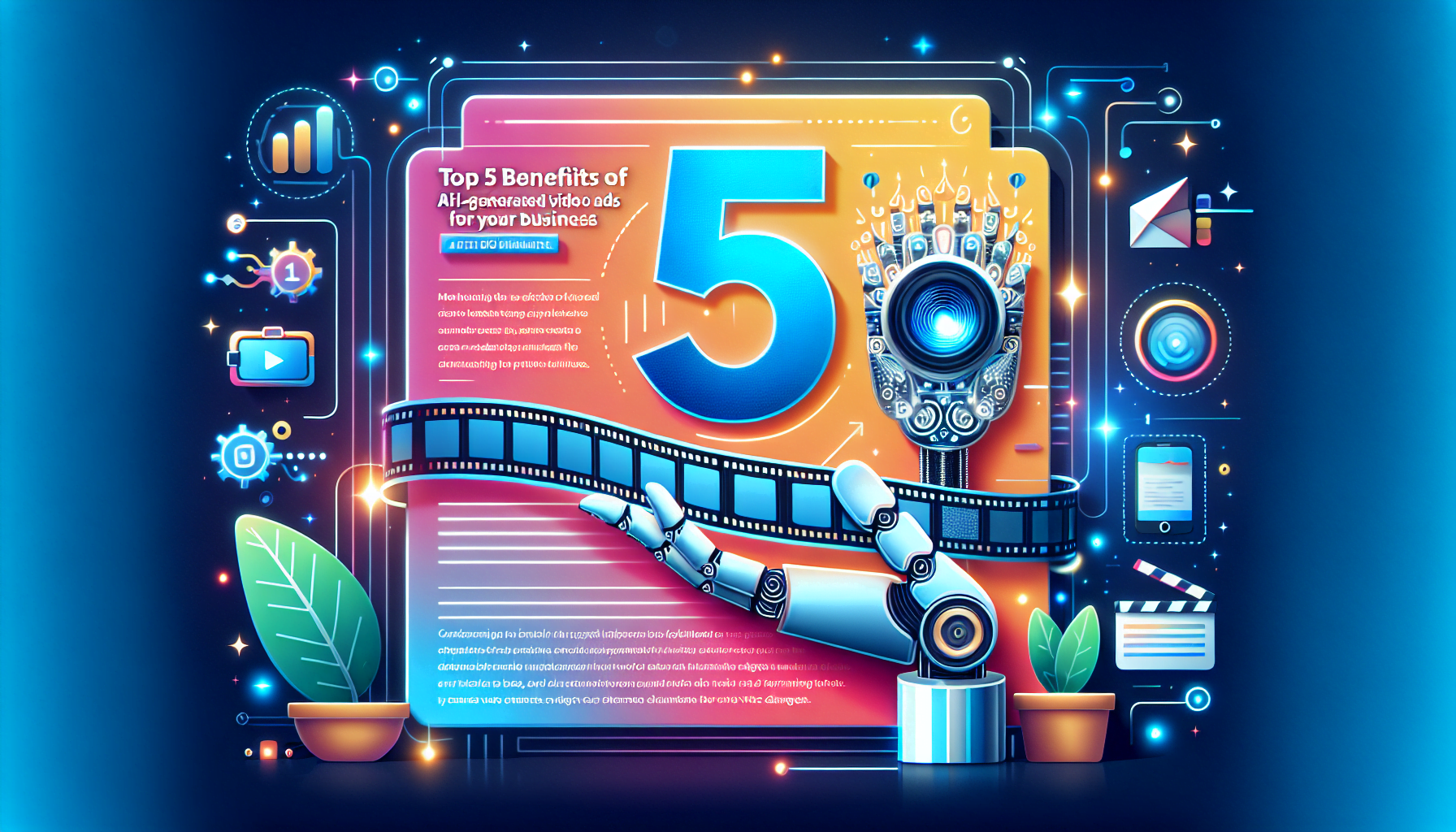Quantum Artificial Intelligence (QAI) is an emerging field that combines the power of quantum computing with the principles of Artificial Intelligence (AI). By harnessing the unique properties of quantum mechanics, QAI has the potential to revolutionize the way we solve complex problems and process large amounts of data. In this article, we will dive deep into the possibilities of QAI and analyze its impact on various industries.
Understanding Quantum Artificial Intelligence
Before delving into the specifics of QAI, it is essential to grasp the basics of quantum computing. Traditional computers use bits, which can represent either a zero or a one, to store and process information. In contrast, quantum computers use quantum bits or qubits, which can exist in multiple states simultaneously due to a phenomenon known as superposition.
This ability to be in multiple states at once allows quantum computers to perform parallel computations and tackle multiple possible solutions simultaneously. Furthermore, the concept of entanglement enables qubits to have correlations with each other, resulting in a vast amount of computational power.
The Basics of Quantum Computing
Quantum computing relies on two essential operations: quantum gates and quantum measurements. Quantum gates manipulate the state of qubits, allowing for the execution of complex quantum algorithms. Quantum measurements, on the other hand, allow us to extract information from the quantum system.
However, harnessing the full potential of quantum computing is no easy task. One major challenge is maintaining the delicate state of qubits, which can be easily affected by noise and interference. Researchers are continuously developing techniques to mitigate these issues and build more robust and stable quantum computers.
One approach to address the challenge of qubit stability is through the use of error correction codes. These codes encode the quantum information redundantly, allowing for the detection and correction of errors that may occur during computation. By implementing error correction codes, researchers aim to improve the reliability and accuracy of quantum computations.
Another area of research in quantum computing is the development of quantum algorithms. These algorithms are specifically designed to take advantage of the unique properties of qubits and provide solutions to problems that are computationally expensive for classical computers. Quantum algorithms, such as Shor’s algorithm for factoring large numbers, have the potential to revolutionize fields such as cryptography and optimization.
The Intersection of Quantum Computing and AI
Now that we have a basic understanding of quantum computing, let’s explore the convergence of quantum computing and AI. Traditional AI algorithms rely on classical computers to process and analyze vast amounts of data. However, certain problems, such as optimization and pattern recognition, can become exponentially more complex as the dataset size grows.
Quantum computing can potentially address these challenges by performing computations in a parallel and probabilistic manner. By leveraging the properties of qubits, QAI algorithms can explore multiple possible solutions simultaneously, leading to faster and more efficient analysis of large datasets.
One area where QAI shows promise is in machine learning. Quantum machine learning algorithms aim to leverage quantum computing’s ability to process and analyze large datasets in parallel. These algorithms have the potential to improve the accuracy and speed of tasks such as image recognition, natural language processing, and data clustering.
Another application of QAI is in optimization problems. Many real-world problems, such as supply chain management and portfolio optimization, involve finding the best solution among a large number of possibilities. Quantum optimization algorithms, such as the Quantum Approximate Optimization Algorithm (QAOA), can potentially provide more efficient solutions by exploring multiple possibilities simultaneously.
Furthermore, QAI has the potential to enhance the field of quantum chemistry. Simulating the behavior of molecules and materials is a computationally intensive task that can benefit from the parallel processing power of quantum computers. Quantum chemistry algorithms can help researchers understand and predict the properties of complex molecules, leading to advancements in drug discovery, material science, and renewable energy.
In conclusion, the convergence of quantum computing and AI opens up new possibilities for solving complex problems and advancing various fields. As researchers continue to develop and refine QAI algorithms, we can expect to see significant breakthroughs in areas such as machine learning, optimization, and quantum chemistry.
The Potential of Quantum AI
Quantum Artificial Intelligence (QAI) is a cutting-edge field that combines the power of quantum computing with the principles of artificial intelligence. It holds immense potential in revolutionizing various aspects of data processing and problem-solving.
Speed and Efficiency in Data Processing
One of the most significant advantages of QAI is its ability to process complex data at an unprecedented speed. Classical computers struggle with optimization problems that involve a large number of variables and constraints. However, QAI algorithms, such as the quantum approximate optimization algorithm (QAOA), can leverage quantum parallelism to find near-optimal solutions in a fraction of the time required by classical algorithms.
Imagine a scenario where a classical computer is tasked with optimizing a supply chain network involving numerous variables, such as transportation routes, inventory levels, and demand fluctuations. This optimization problem can quickly become overwhelming for classical algorithms, leading to suboptimal solutions and lengthy processing times. In contrast, QAI algorithms can efficiently explore the vast solution space, rapidly identifying the most optimal configuration for the supply chain network.
Furthermore, QAI algorithms can significantly improve machine learning tasks, such as clustering and classification. By exploiting quantum parallelism, these algorithms can analyze and classify vast amounts of data more efficiently, thus speeding up the training and inference processes. This capability opens up new possibilities for applications such as image recognition, natural language processing, and predictive analytics.
Quantum AI in Problem-Solving
Another area where QAI excels is in solving complex problems. Traditional computers often struggle with searching for specific information in large datasets, which can be time-consuming and computationally expensive. However, QAI algorithms, such as Grover’s algorithm, offer a solution to this challenge.
Imagine a scenario where a researcher needs to find a specific piece of information from a massive unstructured database. With classical computers, this task could take hours or even days. However, Grover’s algorithm can perform this search exponentially faster, making it a valuable tool for data search and optimization. This capability has implications in various fields, including scientific research, finance, and cybersecurity.
Furthermore, QAI has shown promise in optimization tasks, such as portfolio optimization, logistics planning, and resource allocation. These applications require finding the best possible solution from a vast number of possibilities, a challenge that can be efficiently tackled by QAI algorithms. For example, in portfolio optimization, QAI algorithms can analyze various investment options and identify the most optimal combination of assets to maximize returns while minimizing risks.
In summary, Quantum AI holds immense potential in revolutionizing data processing and problem-solving. Its ability to process complex data at unprecedented speeds and efficiently solve optimization problems opens up new possibilities in various fields. As researchers continue to explore and develop QAI algorithms, we can expect to see even more groundbreaking applications that will shape the future of technology.
Challenges in Quantum AI Development
Technical Hurdles and Limitations
Despite its immense potential, QAI is still in its early stages, and several technical hurdles need to be overcome. One major challenge is the development of error-correcting codes to mitigate the effects of noise and decoherence on qubits. Additionally, scaling up the number of qubits and reducing the error rates are essential for building larger and more capable quantum computers.
Moreover, creating efficient and robust quantum algorithms that can exploit the power of quantum computing remains a significant challenge. Designing algorithms that effectively utilize the unique properties of qubits and provide substantial speedups compared to classical algorithms requires deep understanding and expertise in both quantum computing and AI.
Ethical Considerations in Quantum AI
As QAI continues to advance and potential applications become reality, ethical considerations must be addressed. The immense computational power of QAI raises concerns about its potential misuse in areas such as cryptography, privacy, and security. Additionally, the impact of QAI in the job market and the role of humans in decision-making processes need careful consideration.
It is crucial for researchers, policymakers, and society as a whole to ensure that QAI is developed and deployed in an ethical and responsible manner. Robust frameworks and regulations must be put in place to govern the use and application of QAI technology.
The Future of Quantum AI
Predicted Advancements in Quantum AI
The future of QAI looks promising, with researchers actively working on developing more powerful quantum computers and sophisticated quantum algorithms. As technological advancements continue, we can expect to see faster and more efficient QAI algorithms that outperform their classical counterparts in various domains.
Further research in areas such as quantum machine learning, quantum optimization, and quantum simulation will drive the development of new applications and solutions. The collaboration between quantum physicists, computer scientists, and AI experts will be crucial in realizing the full potential of QAI.
Quantum AI’s Impact on Various Industries
The impact of QAI extends beyond the realm of research labs and academia. Various industries, including finance, healthcare, logistics, and manufacturing, can benefit from the power of QAI. For example, QAI can enhance financial modeling, drug discovery, supply chain optimization, and production process optimization.
By leveraging the unique capabilities of quantum computing and AI, businesses can gain a competitive edge and solve complex problems that were previously intractable. As QAI continues to mature and become more accessible, we can expect widespread adoption across multiple industries.
Conclusion: The Quantum Leap in Artificial Intelligence
In conclusion, QAI presents exciting possibilities for revolutionizing AI and solving complex problems more efficiently. By marrying the principles of quantum computing with AI, researchers are exploring new avenues for data processing, problem-solving, and optimization. However, significant technological and ethical challenges lie ahead, and the responsible development and deployment of QAI are of utmost importance. As we embark on this quantum leap in AI, we must ensure that QAI technology is developed and utilized in a manner that benefits humanity as a whole.
Curious about our AI product, or have questions, suggestions, or just want to say hello? Don’t hesitate to get in touch with us!
Reach out to our dedicated support team at support@generai.io for any assistance you may need regarding our AI product.




